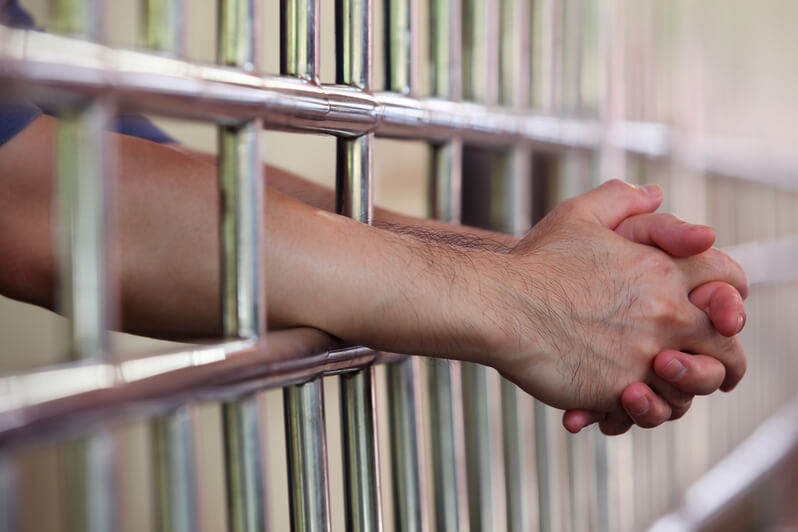

Education is the gateway to opportunity. Unfortunately, not everyone in the United States has keys to that gateway. In Louisiana, one out of every eighty-six adults is behind bars. The state is often dubbed “the world’s prison capital” as it holds more prisoners than anywhere else in the world. With some of the toughest sentencing laws in the country, those who face incarceration stand to miss out on many opportunities, particularly in education.
Without higher education, previous offenders stand little to no chance at climbing out of the circumstances that hold them back. As a result, many remain in poverty and resort to their previous lifestyle as a form of survival. Furthermore, when previous criminals are not able to pursue education, whether it’s technical or formal, their children are more likely to follow in their footsteps and lead a life of crime as well.
Recently, the state of Louisiana has taken notice of this issue and decided to take action. Louisiana recently broke a barrier to education by becoming the first state in the nation to ban the box on applications for public universities. With this historic move, supporters hope that more opportunities will be provided and the future will look brighter for inmates across the state.
How Obstacles to Higher Ed Stifle the Reintegration of Inmates
Higher education breaks down barriers. Employers are less likely to hire those without college degrees when there’s a large pool of college-educated candidates from which to choose when filling a position; yet, there are as many Americans with criminal records as those with college diplomas.
After being released from prison or jail, many former prisoners seek higher education to better themselves and attract new opportunities for growth. Unfortunately, 70% of colleges in the United States require applicants to disclose whether they have committed a crime by having them check off the felony record checkbox. This creates one of the biggest hurdles former prisoners must overcome before successful reintegration.
New Louisiana Law Prevents Colleges from Showing Bias
About one-third of colleges that look into applicants’ criminal records report denying applicants entry because of those records. Too often, college applicants fail to complete lengthy applications because they lose hope that their criminal history will prevent them from receiving fair consideration. This keeps those with a criminal record in a continuous loop of discouragement and disappointment. The practice also disproportionately bars African Americans from pursuing higher education, since statistically, police are more likely to arrest them for minor crimes. When they do serve time, African Americans serve longer sentences. Ex-felons are also more likely to reoffend when they encounter education roadblocks, which may increase the demand for tax-funded rehabilitation programs.
With information regarding your previous incarceration withheld from colleges, institutions will be forced to make decisions on enrollment based upon other eligibility factors. This will benefit prior inmates as many of them will not only be able to pursue an advanced degree but apply for scholarships as well.
What Opportunities Lie Ahead for Public Offenders?
By preventing public institutions from inquiring about criminal activity, Louisiana knocks down one of the toughest challenges ex-prisoners face when it comes to improving their lives and becoming productive members of society. Higher education helps break down the cycle of poverty that many former inmates are a part of. Furthermore, when adults with a criminal record obtain a college degree, the children of ex-prisoners are likely to pursue higher education as well. With the backing of a college degree, there’s no limit to what previous offenders can achieve.
Louisiana Defense Attorneys Committed to Serving the Community
While education may be more accessible post-incarceration, there is no guarantee that prospective employers will show more leniency when considering applicants with a criminal history. Particularly if you’re accused of a felony offense, working with a veteran criminal defense lawyer in Louisiana is paramount to your future success.
If you’re facing charges for a criminal offense, call The John D. & Eric G. Johnson Law Firm at 318-377-1555 for a free case evaluation. Eric G. Johnson and his team are committed to excellence and believe in fighting for you when you need it most. All of our lawyers are members of the Louisiana Bar Association and the National Association of Criminal Defense Lawyers.
